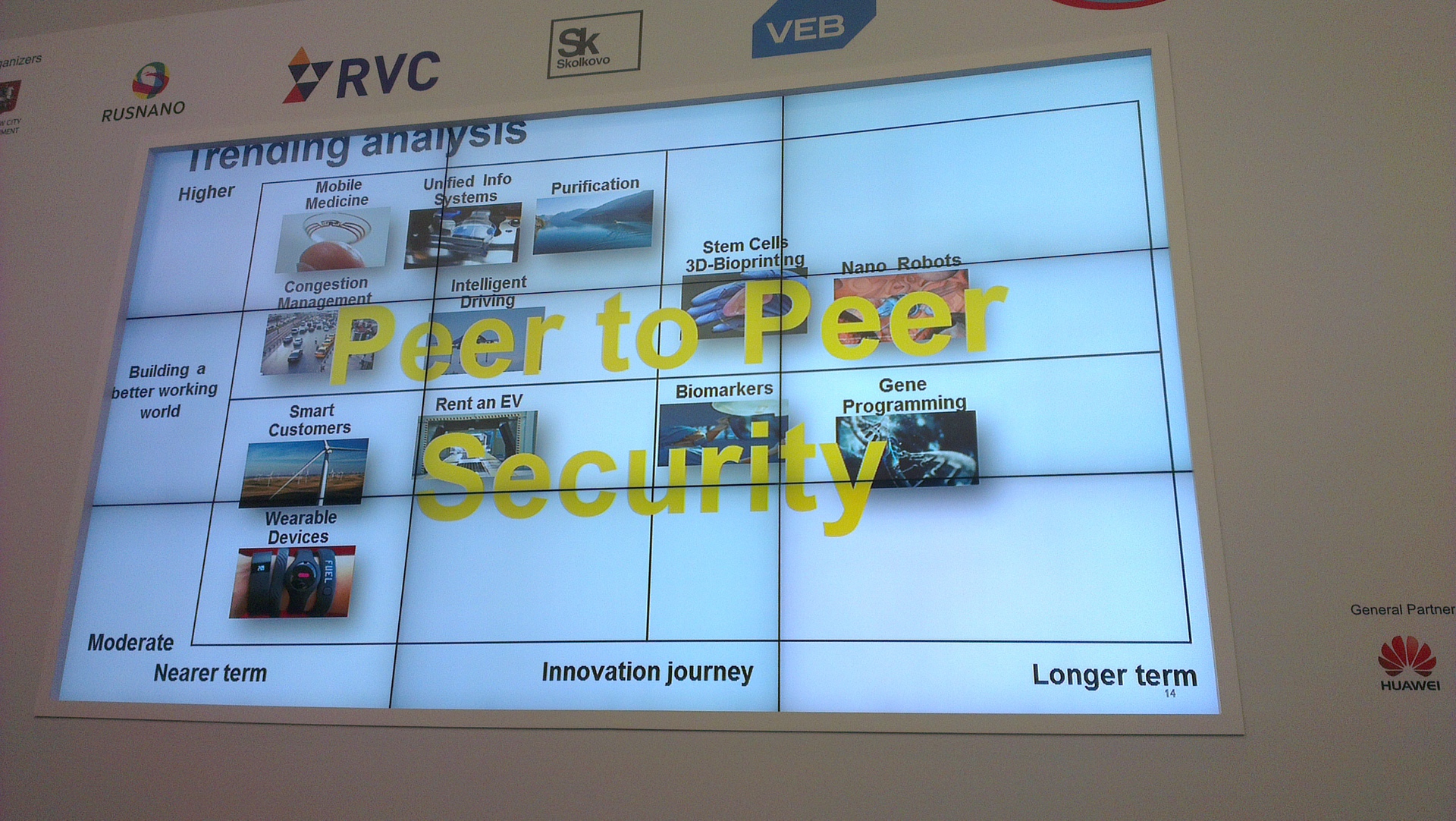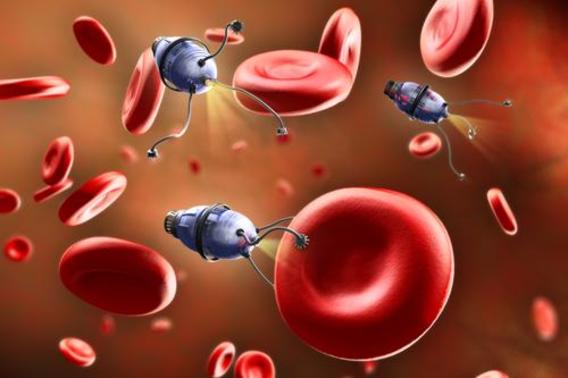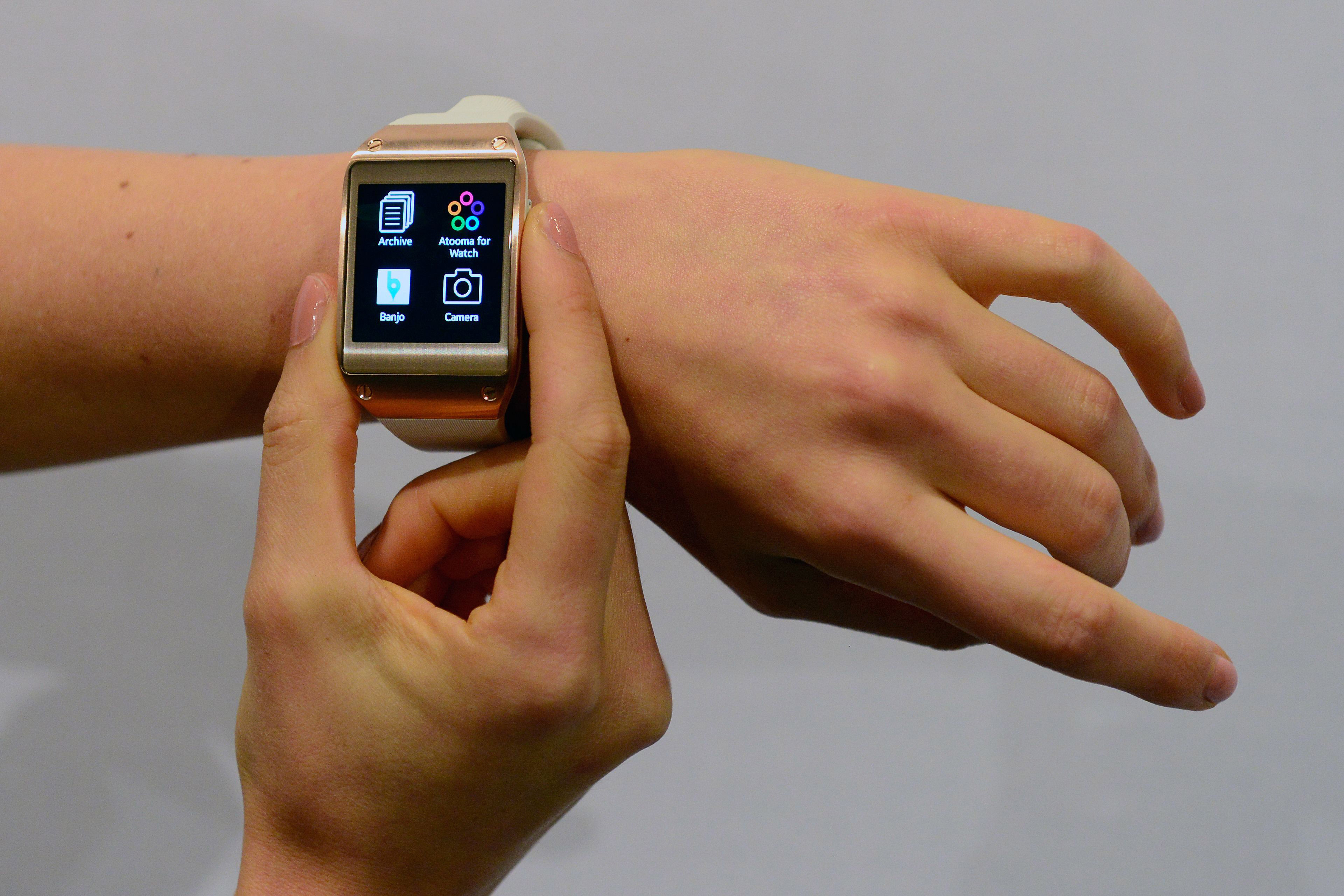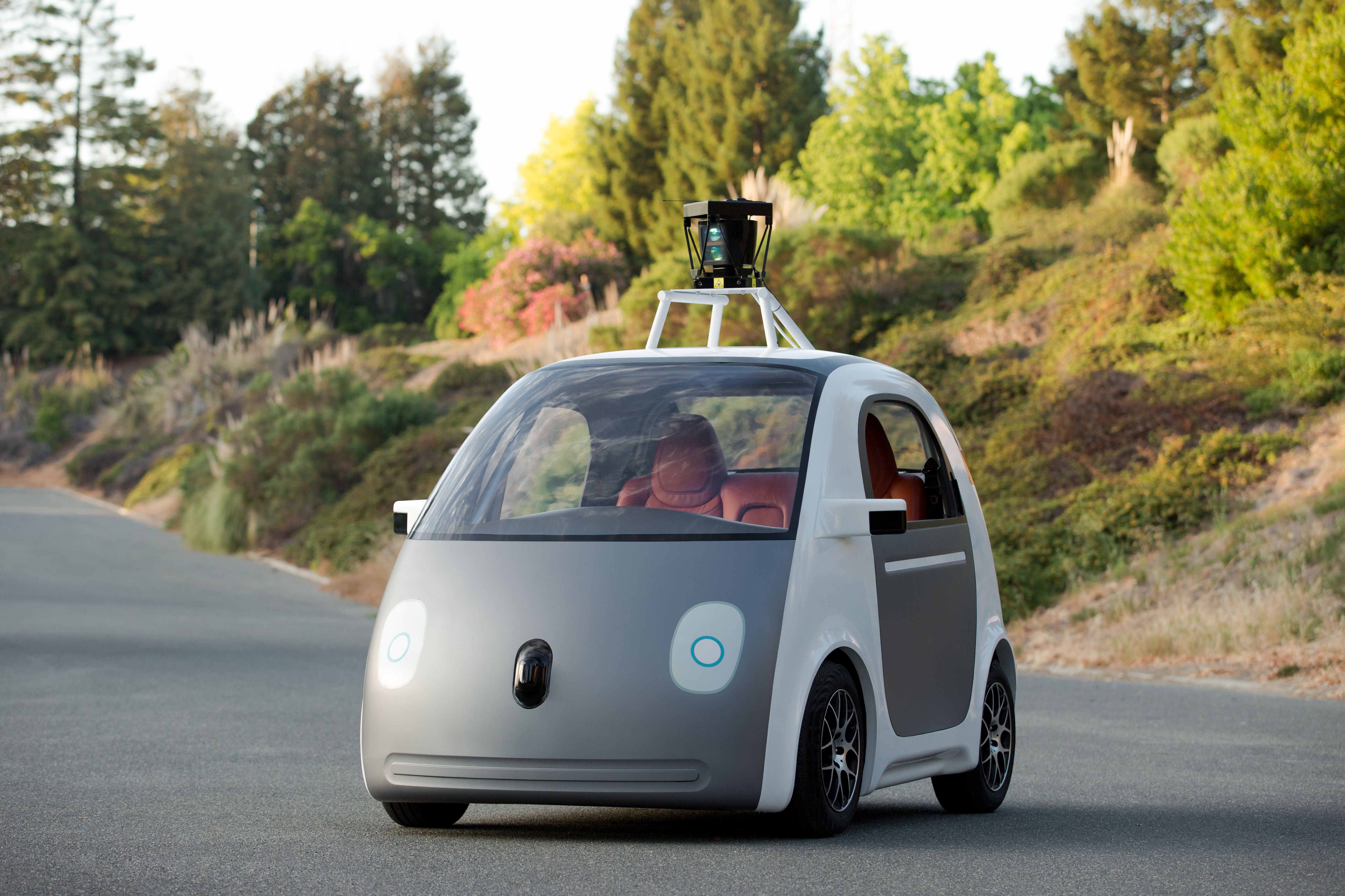Technological trends of the future
In which areas do we need innovation? By "us" I mean the whole world, all of its inhabitants, all countries and the planet itself. It was this issue that Fabian Wong from Ernst & Young discussed in his speech at the Open Innovations Forum. In this post - the main topics covered by the speaker.

At the moment, notes Fabian, there are a dozen companies around the world that can do something in bioprinting. And one of them is in Russia. Bionic lips, bionic ears, eyes for those who cannot see - bioprinting opens completely new borders in medicine.
')
An important challenge is the possibility of connecting bionic joints to nerves and muscles so that a person can control their brains, rather than using, for example, wrist movements in the case of protozoa, printed on a 3D printer, with hand prostheses.
Imagine what robots are capable of size 10 to the ninth degree? They, as in science fiction films, will be able to attack the disease when your own immunity cannot cope with it. They can deliver drugs as precisely as possible. In Russia, the program of nanorobots will definitely be developed first, I foresee the great achievements of your country in this field.

Another global challenge for humanity is gene therapy. It will allow you to find cancer and other diseases before they occur.
Now there are about 11.7 billion smartphones in the world. And the “mobile health” market will reach an astronomical $ 50 billion by 2020.
Let's remember contact lenses, for example. They not only help people with vision problems, but can also serve as a guide for information, medications, or a sensor for people with diabetes.

There is also a growing market for other devices, such as smart bracelets, watches, headphones, and headsets, equipped with heart rate monitors and other sensors, allowing you to monitor the health of the wearer.

The world's population is growing. We need more energy, water and other resources. In this regard, three areas of work are important.
1. Smart sensors
We have a lot of potential in using renewable energy. There is water, sun, wind. The use of energy derived from renewable energy sensors can also be widely used in smart devices.
2. Water purification
Important topic: in the future we will have to more effectively purify water for its reuse. It requires a lot of energy. Therefore, we need innovative materials and technologies that will more effectively purify water.
3. Electric cars for rent
Than to have your car and fill it with gasoline every other day, it is much easier to use a taxi that runs on electricity, or to rent a car. Such services will save parking space, the owners money. The challenges in this direction are creating the most efficient batteries, as well as reducing the weight of materials for cars to improve energy efficiency.
Do you know that because of congestion and traffic jams, about 11 billion liters of fuel go down the drain every year? Therefore, these congestion should be avoided, it is necessary to work more efficiently with road traffic.
It is worth paying more attention to unmanned vehicles, such as those developed by Google and several automakers. You use a car to get from point A to point B, the cars themselves communicate with each other, and this ecosystem allows you to avoid congestion. And at the same time, an unmanned quadrocopter flies over the city and monitors the weather.

So what should innovators pay attention to and what should venture investors pay attention to before sending their money to a startup?
Fabian noted several major technology areas.
The most important:
Mobile medicine
Unification of information systems
Water purification
Making the world better:
Anti congestion
Intellectual (unmanned) driving
3D bioprinting
Nano robots
Senora renewable energy
"Rent of electric vehicles"
Biomarkers
Gene programming
Moderately needed:
Wearable electronics

Bioprinting
At the moment, notes Fabian, there are a dozen companies around the world that can do something in bioprinting. And one of them is in Russia. Bionic lips, bionic ears, eyes for those who cannot see - bioprinting opens completely new borders in medicine.
')
An important challenge is the possibility of connecting bionic joints to nerves and muscles so that a person can control their brains, rather than using, for example, wrist movements in the case of protozoa, printed on a 3D printer, with hand prostheses.
Nano robots
Imagine what robots are capable of size 10 to the ninth degree? They, as in science fiction films, will be able to attack the disease when your own immunity cannot cope with it. They can deliver drugs as precisely as possible. In Russia, the program of nanorobots will definitely be developed first, I foresee the great achievements of your country in this field.

Gene therapy
Another global challenge for humanity is gene therapy. It will allow you to find cancer and other diseases before they occur.
Wearable electronics
Now there are about 11.7 billion smartphones in the world. And the “mobile health” market will reach an astronomical $ 50 billion by 2020.
Let's remember contact lenses, for example. They not only help people with vision problems, but can also serve as a guide for information, medications, or a sensor for people with diabetes.

There is also a growing market for other devices, such as smart bracelets, watches, headphones, and headsets, equipped with heart rate monitors and other sensors, allowing you to monitor the health of the wearer.

Energy
The world's population is growing. We need more energy, water and other resources. In this regard, three areas of work are important.
1. Smart sensors
We have a lot of potential in using renewable energy. There is water, sun, wind. The use of energy derived from renewable energy sensors can also be widely used in smart devices.
2. Water purification
Important topic: in the future we will have to more effectively purify water for its reuse. It requires a lot of energy. Therefore, we need innovative materials and technologies that will more effectively purify water.
3. Electric cars for rent
Than to have your car and fill it with gasoline every other day, it is much easier to use a taxi that runs on electricity, or to rent a car. Such services will save parking space, the owners money. The challenges in this direction are creating the most efficient batteries, as well as reducing the weight of materials for cars to improve energy efficiency.
Energy efficiency
Do you know that because of congestion and traffic jams, about 11 billion liters of fuel go down the drain every year? Therefore, these congestion should be avoided, it is necessary to work more efficiently with road traffic.
It is worth paying more attention to unmanned vehicles, such as those developed by Google and several automakers. You use a car to get from point A to point B, the cars themselves communicate with each other, and this ecosystem allows you to avoid congestion. And at the same time, an unmanned quadrocopter flies over the city and monitors the weather.

Total
So what should innovators pay attention to and what should venture investors pay attention to before sending their money to a startup?
Fabian noted several major technology areas.
The most important:
Mobile medicine
Unification of information systems
Water purification
Making the world better:
Anti congestion
Intellectual (unmanned) driving
3D bioprinting
Nano robots
Senora renewable energy
"Rent of electric vehicles"
Biomarkers
Gene programming
Moderately needed:
Wearable electronics
Source: https://habr.com/ru/post/240461/
All Articles